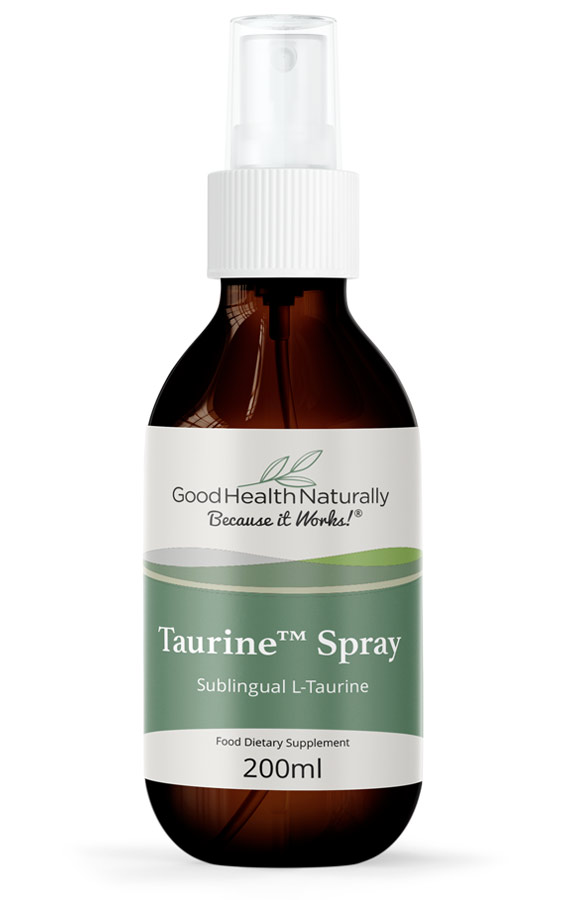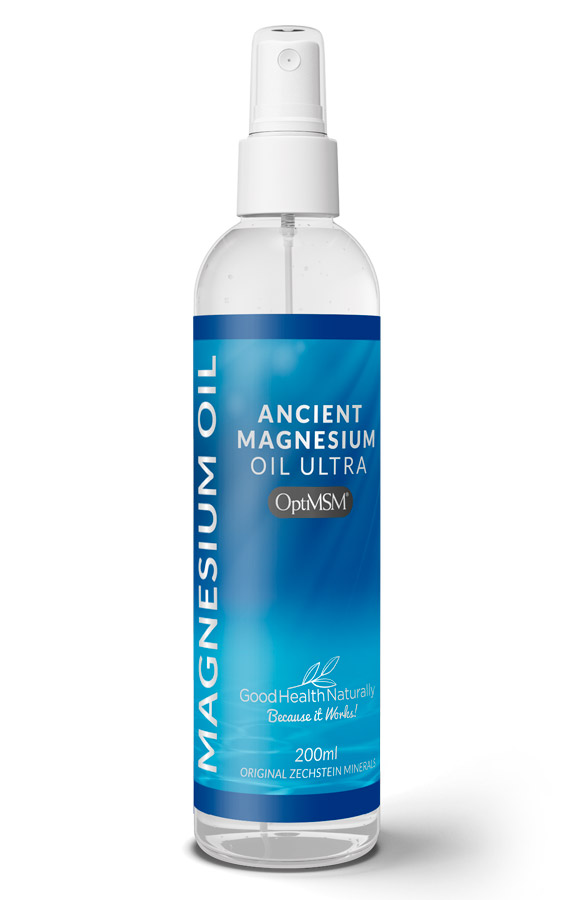Welcome to another edition of our weekly newsletter. What caught our eye this week was the news that researchers have linked drinking seven or more cans of Diet Coke to Atrial Fibrillation (AFib). According to a study, beverages that include artificial sweeteners could increase the risk of developing the heart condition by a fifth. This week, we’ll explore this research further and end with some natural approaches to support AFib.
Atrial fibrillation, or AFib, is an irregular heart rhythm – arrhythmia – that starts in the heart’s upper chambers. The condition has recently hit the headlines as it has been linked to public figures like President Joe Biden, and tens of thousands of adults globally are affected.
The results of the study came from the analysis of data from more than 200,000 adults in the UK who drank over two litres of artificially sweetened drinks in a week. The drinks contained sweeteners such as aspartame, sucralose, saccharin, or acesulfame, which are used as a sugar substitute in popular diet drinks. These adults were found to be 20% more likely to develop the condition involving an irregular heart rhythm.
The study results also came after recent news that the World Health Organisation has deemed the artificial sweetener aspartame a possible carcinogen.
However, the increased risk of AFib wasn’t only linked to artificially sweetened drinks. The study also found that individuals drinking sugar-sweetened beverages were at a 10% increased risk of developing atrial fibrillation. This isn’t such a surprise as we are already aware of the increased risk to heart health with a high sugar intake, yet many people are opting for diet drinks, thinking they are choosing a ‘healthier’ option.
At the end of the study, the researchers stated that they couldn’t definitively connect a higher intake of artificial sweetened drinks and AFib as the data was observational, and there could be other variables. However, it has called for individuals to be aware of their intake and to reduce or even avoid artificially sweetened and sugary drinks where possible. Very sensible advice!
Supporting AFIB Naturally
One fundamental aspect of managing AFib naturally is adopting a heart-healthy lifestyle. This includes maintaining a balanced and nutritious diet rich in fruits, vegetables, whole grains, and lean proteins. Consuming foods high in omega-3 fatty acids, such as fatty fish, flaxseeds, and walnuts, have anti-inflammatory effects that could positively impact cardiovascular health. Additionally, limiting the intake of processed foods, sugars, and artificial sweeteners is important, as seen in this latest study.
Regular physical activity, such as walking, swimming, or cycling for at least 30 minutes daily, is also essential. However, individuals with AFib must consult their healthcare provider before starting any new exercise regimen.
Stress management plays a significant role in supporting overall heart health and managing AFib. Relaxation techniques such as deep breathing, meditation, and yoga can reduce stress. Creating a mindful routine that includes moments of calm can contribute to a more balanced and resilient nervous system.
Adequate sleep is crucial for overall health and can positively impact heart function. Establishing a consistent sleep schedule, creating a relaxing bedtime routine, and addressing any sleep disorders can improve sleep quality. Lack of sleep or poor sleep habits may exacerbate AFib symptoms, making it essential to prioritise restful and rejuvenating sleep.
In addition to lifestyle modifications, specific nutrients, like taurine and magnesium, are believed to have potential benefits for individuals with AFib. A study investigating nutrient deficiencies associated with cardiac arrhythmias showed that daily supplementation with taurine significantly improved symptoms associated with AFib [1]. Another study showed that patients who received magnesium in a clinical setting had a lower mean heart rate after 24 hours of the onset of the atrial fibrillation than those who did not [2]. Therefore, adding these to your daily supplement routine can be a valuable addition to your heart healthy lifestyle.
Recommended products:
Please note: The product images represent the ongoing rebranding across Good Health Naturally range and may currently vary from actual stock.






